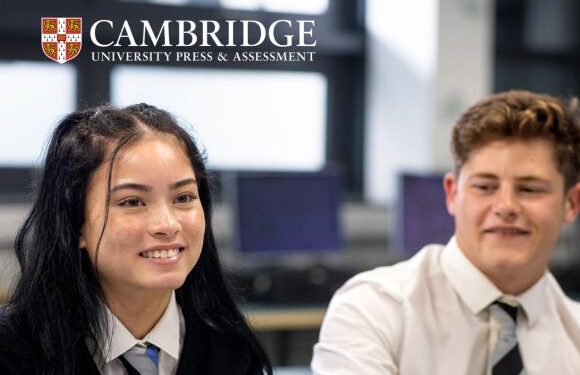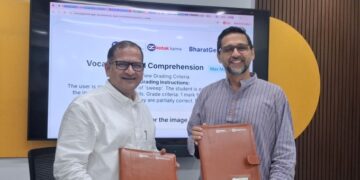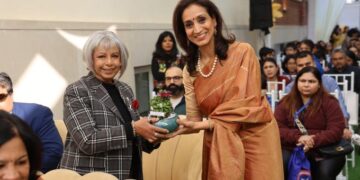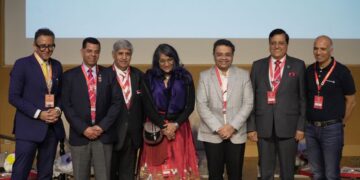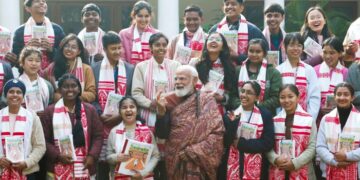Adding to its existing range of future skills initiatives – including Cambridge Climate Quest and Young Pioneers –the new Integrated Learning and Assessment (ILA) programme will bridge the critical skills gap in the country.
Cambridge’s future skills initiative(s) is aimed at shaping specific competencies that make learners ready for the evolving challenges of the future, including building an entrepreneurial mindset, making learners climate-resilient or learning English which has become a necessity in a globalised world. These programmes empower learners with skills that support higher-level cognitive abilities like problem-solving, critical thinking, independent research, collaboration and innovation.
ILA was launched in Delhi with an event ‘Bridging Futures: Empowering Today’s Learners for Tomorrow’, recently, supported by school leaders from across the capital. The event served as a vital platform for thought leaders to share ideas on how education systems can adapt to meet the evolving needs of learners in a rapidly changing global landscape.
The key highlight of the event was a panel discussion titled ‘Empowering Today’s Learners for Tomorrow’ where the panellists included Manish Upadhyay, Co-founder, LIQVID, Vanita Uppal OBE, Director, The British School and Jumana Gari, Founder Principal & CEO, Bharati Vidyapeeth Rabindranath Tagore School of Excellence, Pune. The session was moderated by Arun Rajamani, Managing Director, Cambridge
University Press & Assessment, South Asia. These skills—ranging from critical thinking and problem-solving to creativity and innovation—are essential in preparing learners for the unpredictable demands of tomorrow’s workforce. In alignment with the National Education Policy (NEP) 2020, which envisions a multidisciplinary approach to learning, Cambridge emphasises the importance of developing these skills to ensure that learners are prepared to excel in an increasingly globalised world. The panel noted how India has a substantial skills gap, with the 2023-2024 Economic Survey showing that only 51.25 percent of young people are employable. The conversations focused on the role of English in global competence, the value of an entrepreneurial attitude, and empowering learners to excel without the stress of examinations.
Arun Rajamani, Managing Director, Cambridge University Press & Assessment, South Asia said: “The changes underway with NEP 2020 are a positive step, and the government’s ongoing initiatives to impart skills are encouraging. Cambridge has always emphasised future skills, and our learner attributes are the cornerstone of our curriculum. Now, with ILA, Cambridge Climate Quest, and Young Pioneers, we are supporting the development of essential skills at the foundational level in schools across the country. While working with government initiatives like NSDC and TNSDC, we realised that the focus must start at the core level to effectively bridge the skills gap and enhance employability.”
Almost a quarter of jobs are expected to change in the next five years, the World Economic Forum’s Future of Jobs Report 2023 found, with 69 million new jobs created and 83 million eliminated. As the world rapidly evolves, the demand for building a generation of learners equipped with future skills has never been more pressing.


